Raaz-e-Ulfat Drama Review: Raaz-e-Ulfat, a Pakistani drama that aired in 2020, captivated audiences with its unconventional narrative exploring themes of forbidden love, the constraints of societal expectations, and the enduring power of hope in the face of adversity. This review delves into the core elements of the drama, analyzing its characters, exploring its themes, and assessing its lasting impact.

A Twisted Tale of Love, Betrayal, and Sacrifice
The narrative centers around Mushk (Yumna Zaidi), a young woman raised in a conservative household where tradition and family honor reign supreme. She yearns for a life beyond prescribed limitations and finds solace in her friendship with the outgoing Sehba (Komal Aziz Khan). However, their lives take an unexpected turn when Mushk encounters Irtiza (Shehzad Sheikh), a wealthy yet rebellious young man. As their connection deepens, they embark on a forbidden love affair, defying societal expectations and facing the consequences of their choices. Betrayal, heartbreak, and sacrifice become the cornerstones of their journey, leaving viewers grappling with complex emotions and challenging societal norms.
Beyond the Forbidden Romance: Unveiling Hidden Depths of Characters
Raaz-e-Ulfat goes beyond simply portraying a tale of forbidden love. It delves into the complexities of its characters, allowing viewers to understand their motivations and empathize with their struggles. Mushk, while yearning for a different life, grapples with the internal conflict of defying her family’s expectations and fulfilling societal obligations. Irtiza’s rebellious nature masks a vulnerable heart struggling with societal pressures and family disapproval. This nuanced portrayal allows viewers to understand their choices, not simply judge them.
The Weight of Societal Expectations: A Multi-Layered Exploration
The drama effectively portrays the pervasive influence of societal expectations, particularly within conservative communities. The pressure to conform to traditional roles, the stigma attached to defying social norms, and the potential consequences of challenging the status quo are interwoven throughout the narrative. This exploration goes beyond a one-dimensional portrayal of societal pressures. Characters who advocate for individual choice and challenge tradition offer a glimpse of hope and highlight the potential for change within families and communities.
Supporting Characters: Beyond Stereotypes
The supporting characters in Raaz-e-Ulfat play vital roles in enriching the narrative and offering diverse perspectives. Sehba’s initial betrayal challenges the viewers’ understanding of friendship and loyalty, while her eventual remorse adds another layer to the story’s complexity. Mushk’s supportive friends serve as a reminder of the importance of having a reliable support system that fosters individual growth and challenges societal norms.
Performances that Evoke a Spectrum of Emotions
The success of the drama relies heavily on the compelling performances delivered by its cast. Yumna Zaidi portrays Mushk’s emotional journey with remarkable depth, showcasing her strength, vulnerability, and the gradual transformation she undergoes. Shehzad Sheikh delivers a nuanced portrayal of Irtiza, capturing his rebellious spirit, internal struggles, and the depth of his emotions.
A Catalyst for Conversations and Societal Reflection
Raaz-e-Ulfat serves as a catalyst for conversations and societal reflection. By portraying the consequences of defying societal norms, the devastating impact of betrayal, and the transformative power of hope, the drama encourages viewers to:
- Engage in open dialogue within families and communities to challenge rigid traditions and promote understanding and respect for individual choices.
- Emphasize the importance of communication within relationships, fostering trust and honesty to avoid misunderstandings and potential betrayals.
- Acknowledge the impact of societal expectations on individuals’ lives and advocate for a more inclusive and flexible social structure that allows for individual growth and expression.
Beyond Tragedy: A Message of Hope and Personal Growth
Despite the challenges faced by the characters and the presence of tragedy, Raaz-e-Ulfat ultimately offers a message of hope and personal growth. Mushk, through a transformative journey, learns to embrace her individuality, find strength within herself, and build a life beyond the limitations she initially felt bound by. This message resonates with viewers facing similar challenges, encouraging them to persevere, hold onto their dreams, and strive to create a future where societal expectations do not overshadow individual happiness and personal growth.
A Deeper Look into the Characters’ Motivations
Raaz-e-Ulfat goes beyond simply portraying characters in black and white. It delves into their complexities, allowing viewers to understand their motivations and empathize with their struggles on a deeper level.
Mushk’s Journey: Beyond Defiance
While Mushk embodies the spirit of defying limitations, the drama explores her motivations beyond simply “breaking free.” She grapples with the internal conflict between respecting her family’s traditions and honoring their sacrifices while yearning for a life that allows her to pursue her dreams and express her individuality. This internal struggle showcases the emotional weight of potentially disappointing loved ones and facing societal disapproval.
Irtiza’s Rebellion: Beyond Superficiality
Irtiza’s character is not simply defined by his rebellious nature. The drama portrays the root causes of his defiance, highlighting the impact of his upbringing in a wealthy and dysfunctional family. He grapples with feelings of isolation, lack of parental guidance, and a yearning for genuine connection, which fuels his search for acceptance and his attraction to Mushk’s genuine spirit.
Supporting Characters: Beyond Stock Roles
The supporting characters in Raaz-e-Ulfat play crucial roles in enriching the narrative and offering diverse perspectives. Sehba’s journey, while initially rooted in envy and deceit, showcases the potential for remorse and self-reflection. Her eventual support for Mushk highlights the possibility for personal growth and the power of forgiveness. Additionally, characters who advocate for traditional values and societal norms, while seemingly rigid, offer a glimpse into the complexities of navigating social change and the challenges faced by those holding onto traditional beliefs.
Exploring Cultural Context: Beyond Universality
While the themes of forbidden love, defying societal expectations, and the pursuit of personal growth resonate universally, Raaz-e-Ulfat offers a glimpse into specific cultural nuances. The drama portrays the influence of deeply ingrained societal expectations regarding family honor, gender roles, and social class within the Pakistani social context. It highlights the specific challenges faced by young women seeking to pursue education and unconventional life paths, and the potential consequences of defying traditional norms. This cultural context adds depth to the narrative and allows viewers to understand the characters’ motivations and the societal pressures they face within their specific social setting.
Beyond Societal Reflection: A Call for Individual and Collective Action
While the drama encourages individual reflection and challenging traditional expectations, it also subtly advocates for individual and collective action to promote a more inclusive and progressive society. By showcasing the personal tragedies and emotional toll of rigid societal norms, the drama encourages viewers to:
- Advocate for critical thinking within families and communities, challenging harmful stereotypes and promoting open communication about individual aspirations and societal expectations.
- Support initiatives that empower young people, particularly women, to pursue their education and career goals, enabling them to contribute meaningfully to society and challenge outdated limitations.
- Promote empathy and understanding within diverse communities, fostering dialogue and creating a more inclusive environment where individual choices are respected and societal expectations can evolve constructively.
A Reminder of the Power of Resilience and Human Connection
Despite the challenges faced by the characters and the presence of heartbreak, Raaz-e-Ulfat ultimately offers a message of resilience and the power of human connection. Mushk, through her journey of self-discovery and personal growth, finds the strength to overcome adversity, build a life on her own terms, and find solace in genuine connections with others. This message resonates with viewers facing similar challenges, encouraging them to persevere in the face of societal pressures, hold onto their dreams, and build meaningful connections that can provide support and hope for a brighter future.
In Conclusion: A Thought-Provoking Drama with Lasting Legacy
Raaz-e-Ulfat is a captivating drama that offers a nuanced exploration of unconventional love, societal constraints, and the human spirit’s enduring power. The drama’s complex characters, thought-provoking themes, and exploration of social dynamics leave a lasting impact on viewers. Its enduring legacy lies in its ability to spark conversations about challenging outdated traditions, advocating for individual agency and social progress, and celebrating the potential for personal growth and hope, even in the face of adversity.
Share this content:
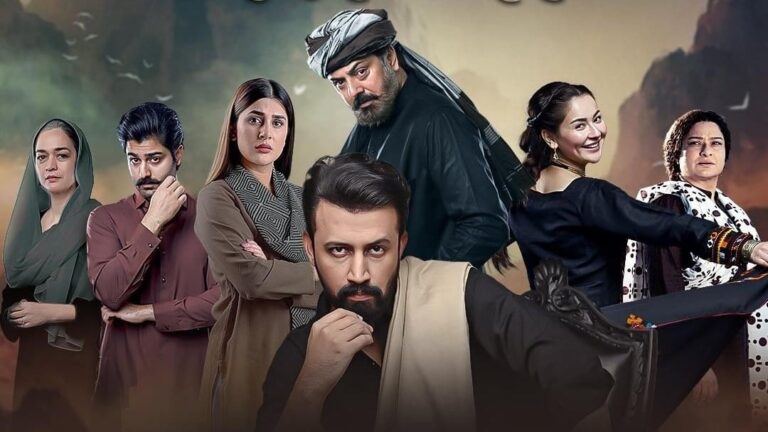
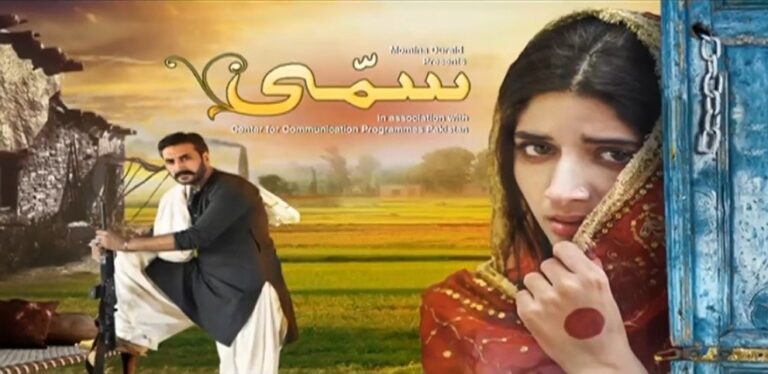
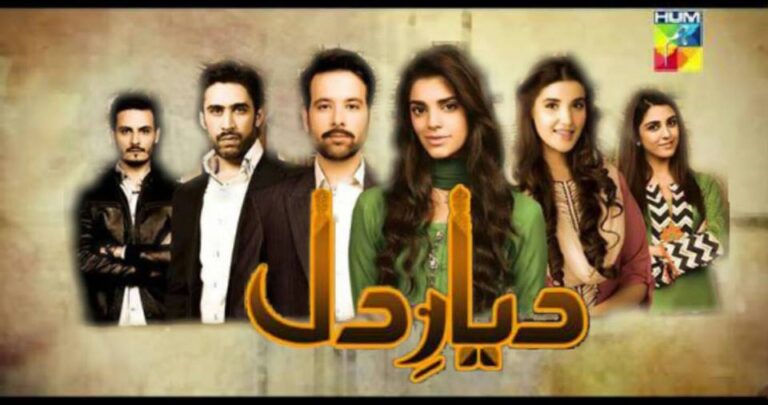
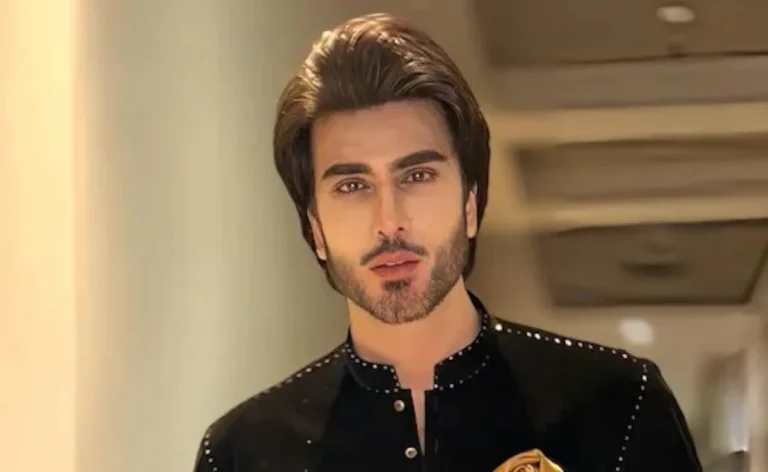
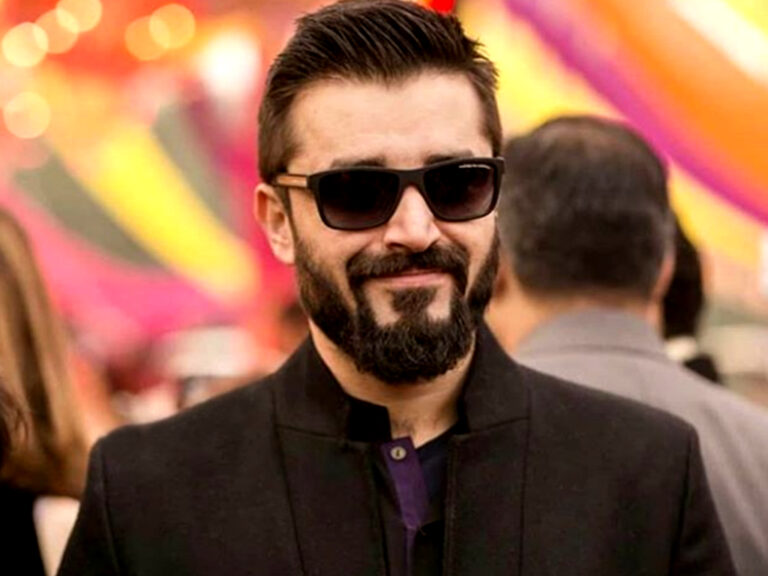
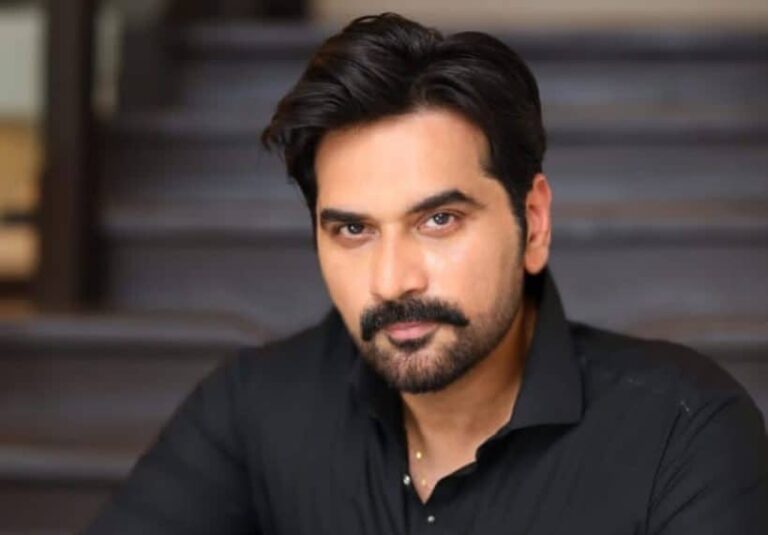


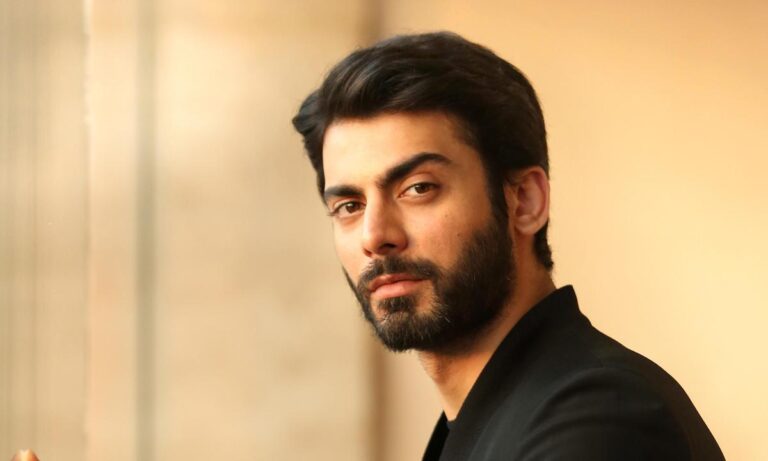
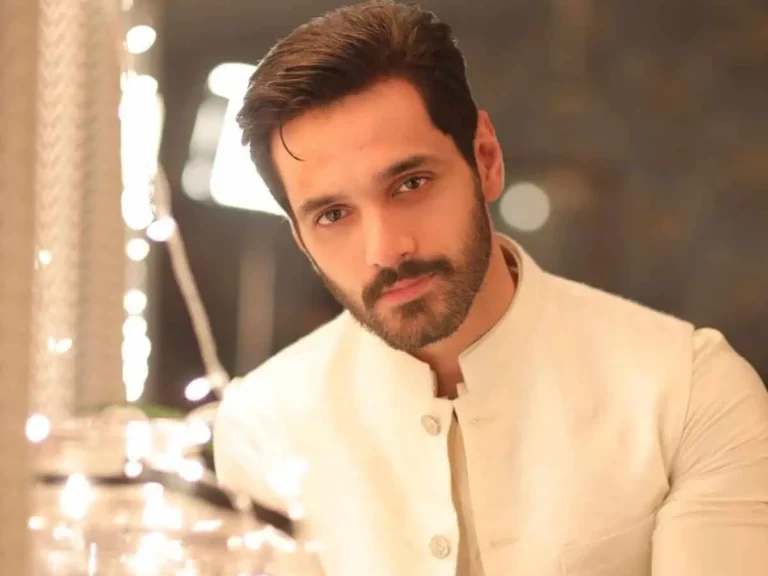
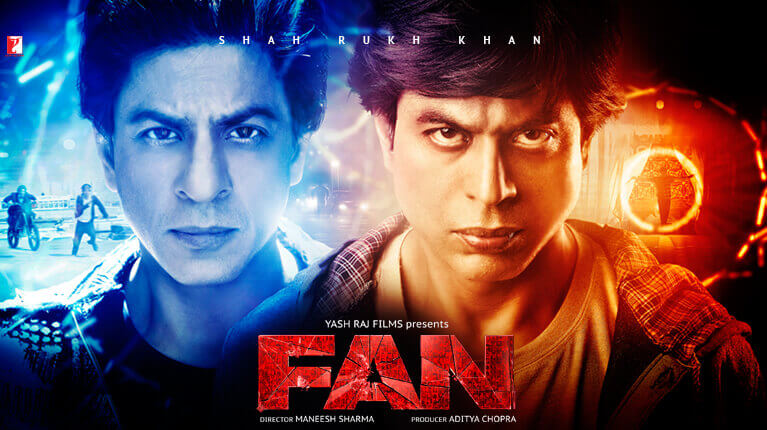
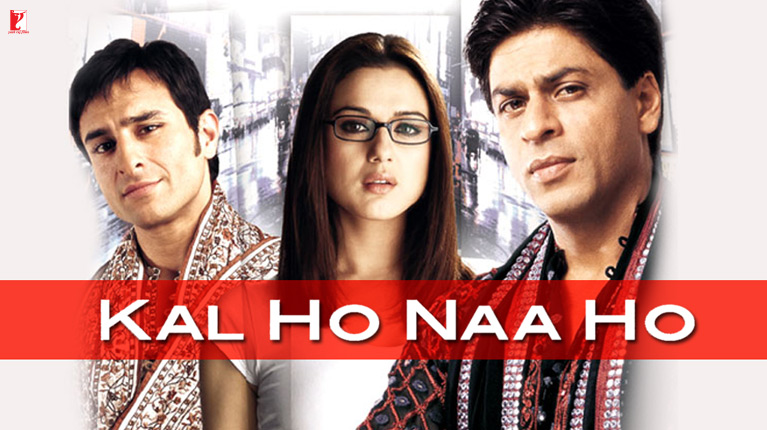
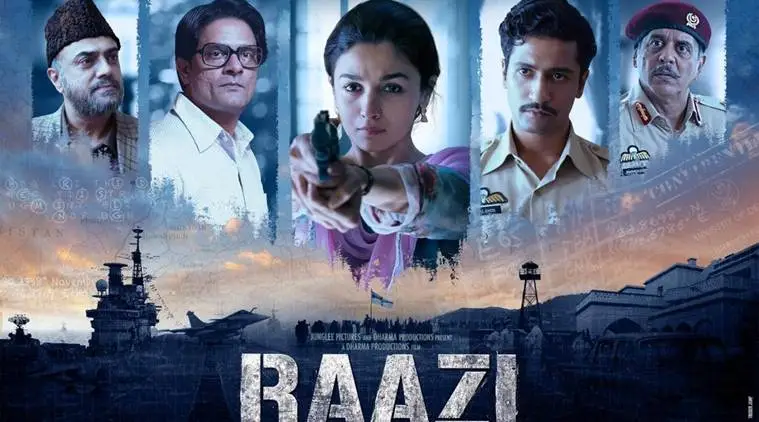
+ There are no comments
Add yours